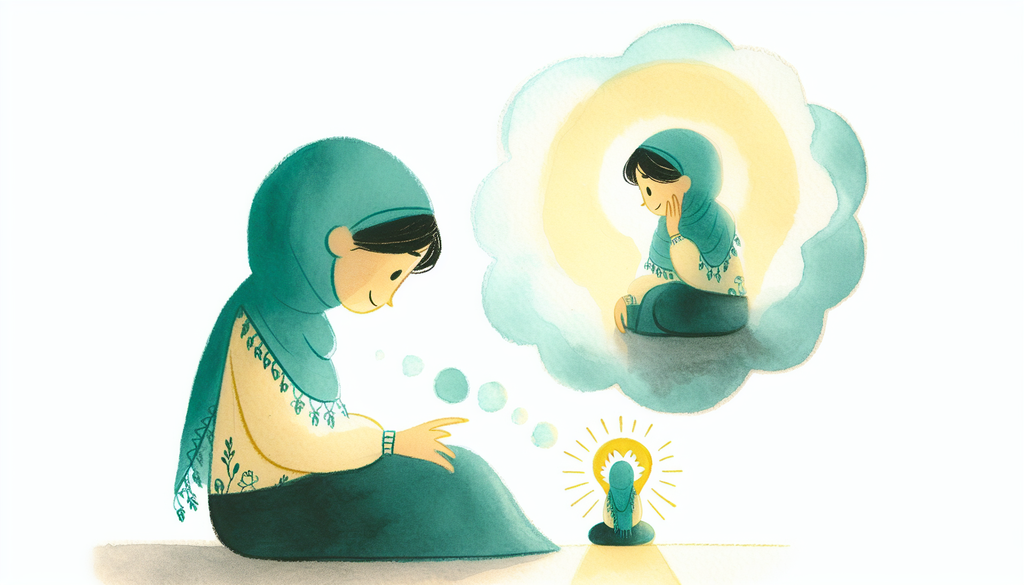Understanding the Emotional Depth of Gifted Children

Gifted children often experience the outpouring of emotions in gradient shades - more intense than their age-peers. While their heightened awareness, sensitivity, and ability to perceive the world in novel ways are often empowering, it can also make their emotional journey more complex. This blog explores why gifted children seem to experience the world so deeply and provides insights for parents and educators on nurturing their emotional development.
Emotional Intensity: A Common Trait in Gifted Children
Gifted children are known for their exceptional cognitive abilities. However, these heightened abilities do not just apply to their intellectual capacity. Research shows that gifted individuals often exhibit heightened sensitivity and emotional depth. This emotional intensity can manifest in various forms ranging from heightened empathy, existential sadness to a tendency towards perfectionism.
Emotionality in gifted children is also linked with their increased awareness. They tend to perceive the world in ways that are more complex, which often expands their emotional responses extensively. This awareness, paired with their ability to understand complex situations, can lead to introspection and self-awareness far beyond their years. But, it can also lead to anxiety and worry, as we discussed extensively in one of our previous articles: Giftedness and Anxiety: Coping Mechanisms for Parents and Children.
The underlying cause of such emotional depth is often their heightened capacity for perception, understanding, and response. Coupled with this, their innate asynchronous development — where their intellectual growth outpaces their emotional growth — leads them to balance their exceptionally advanced cognition with emotional maturity of their chronological age.
Identifying Emotional Intensity in Gifted Children
There are common ways in which emotional depth can manifest in gifted children, and recognizing these patterns can be the first step in understanding and managing them. Some common emotions and behaviors to look for include:
- Overwhelming Empathy
- Deep Concern for Social and Environmental Issues
- Strong Desire for Justice and Fairness
- Intense Reactions to Criticism or Failure
- Contemplation about Existential Issues
Nurturing the Emotional Health of Gifted Children
Being aware of your child’s emotions and responses is vital. It enables you as parents and caregivers to support them effectively Empowerment Through Knowledge: Educating Yourself as a Parent. Here are a few tips that can help:
Normalize and Validate Their Emotions
First, it’s crucial to normalize the emotional experiences your gifted child is having. Validate their feelings and help them understand their reactions to various situations.
Teach Emotional Regulation
Next, provide them with tools and strategies for managing their emotional responses. This could include calming practices like mindfulness exercises, creative outlets to express emotions Creating Artistic Spaces for Gifted Young Artists, or structured problem-solving steps for issues that cause distress. If anxiety becomes overwhelming, Cognitive Behavioral Therapy (CBT) can be beneficial as well Cognitive Behavioral Therapy for Anxious Gifted Children.
Provide Intellectual Stimulation
Boredom can also lead to emotional unrest in gifted children. Generate stimulating environments that satisfy their need for intellectual challenges while also providing opportunities for them to engage and collaborate with like-minded peers Gifted and Bored: Combating Understimulation in the Classroom.
Seek Professional Help If Needed
Lastly, seek professional advice if you feel your child’s emotional reactions are causing intense distress or impacting their daily functioning. Mental health professionals well versed in gifted dynamics can provide crucial support in such circumstances.
As parents and educators, understanding the emotional depth of gifted children enables us to guide them through their unique journeys. Rather than diluting their emotional experiences, we can help them harness their emotional intensity to develop empathy, resilience, and a deepened understanding of their world.